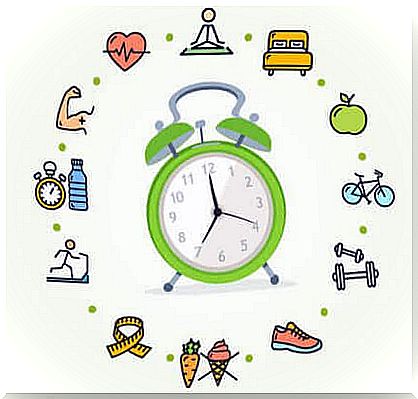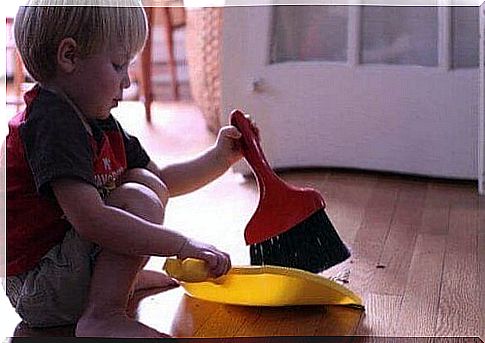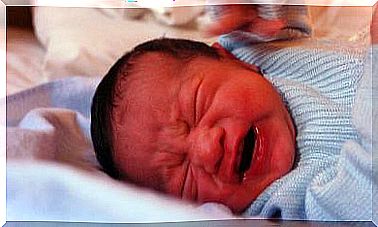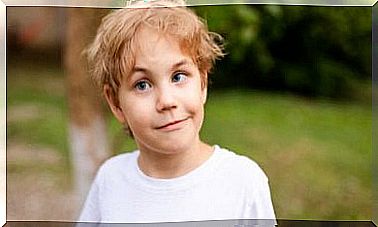Task Plans For Children: Discover Their Advantages

Using activity plans for children can be fundamental to their development. If the plans are well structured, they can be a guide for your children to use throughout the day.
You also help your children to put their activities in a logical order and to do certain tasks independently. Are you already using them or have we piqued your interest in the children’s task lists?
Why are task plans necessary?
Children often do not listen to instructions at first. Typically, you’ll have to repeat yourself several times before they’ll listen to you.
To avoid this, you can use task plans for your children. These will help your children in their psychological development and in the process to gain maturity more quickly.
There is no better way for children to learn how to do tasks – something they will do well in their adult lives – than to start at a young age.

How to teach your children to create task plans
You can let your children create their own plans and calendars. As a result, the children are usually more interested. However, you should help them make the planners. So first sit down with your child and get a pen and a piece of paper.
While you are helping, you can ask your child what they would like to do when they wake up in the morning. Then write down all of the answers.
Then edit the things your child has told you and rearrange them if necessary. Then imagine the main idea and write everything down on the piece of paper.
It is extremely important that each task has as few words as possible. Also add pictures to help your child understand the task planner.
For example, have your child draw the pictures you wrote down. Another option is for your children to place the pictures on the task planner that show the respective tasks.
Task Plans for Children: Benefits of Using from an early age
Routines enable children to organize their thoughts. At the same time, they have enough time to complete each task.
Task plans have the following advantages, among others:
- help with concentration
- convey independence
- promote self-esteem
- help to be autonomous and to achieve something independently
- create a sense of responsibility
The next benefit is that task plans strengthen the children’s sense of responsibility. When children follow routines from a young age, they tend to be more organized in their daily lives.
In addition, they also develop better engagement, are more aware of their behavior and are responsible for their actions.
Security and independence
Another great benefit of children’s assignment plans is that they give kids a confidence boost.
As children go about their daily routines, they tend to feel more confident about themselves, trust people more, and be more optimistic about the world. As a result, they feel like they have some control over the environment they are in.
Task plans also promote independence. Following certain routines is an excellent practice for promoting children’s independence and autonomy. When children learn to carry out tasks themselves, they become more independent from their parents and also develop their own skills.
Aids in communication and emotional development
Task planners can help promote positive family communication. It can be stressful having to keep reminding your children of what to do.
In fact, this is quite often a reason for family conflicts. On the other hand, when kids do the things they should be doing, you feel less stressed.
Finally, task plans help with emotional development. Children have a clear understanding of what their routines are. This in turn has a positive effect on them because their life is organized.
This gives them a greater sense of security. Over time, this can lead to better self-control and confidence.

Task plans for children: ideas and suggestions for design
Task schedulers are simple tables with different columns. On one side you should write the days of the week. On the other hand, write down the tasks that children should be doing, such as cleaning, breakfast, brushing teeth, and eating.
In the middle of the table, where the columns meet, there are small empty boxes in which your child has to write when they have completed the task.
Once the week is up and your child has done all of their chores without you having to remind them, you give them a small reward. This will motivate your child to keep going.
Of course, try to give your child something emotionally valuable and not just purely material things.









